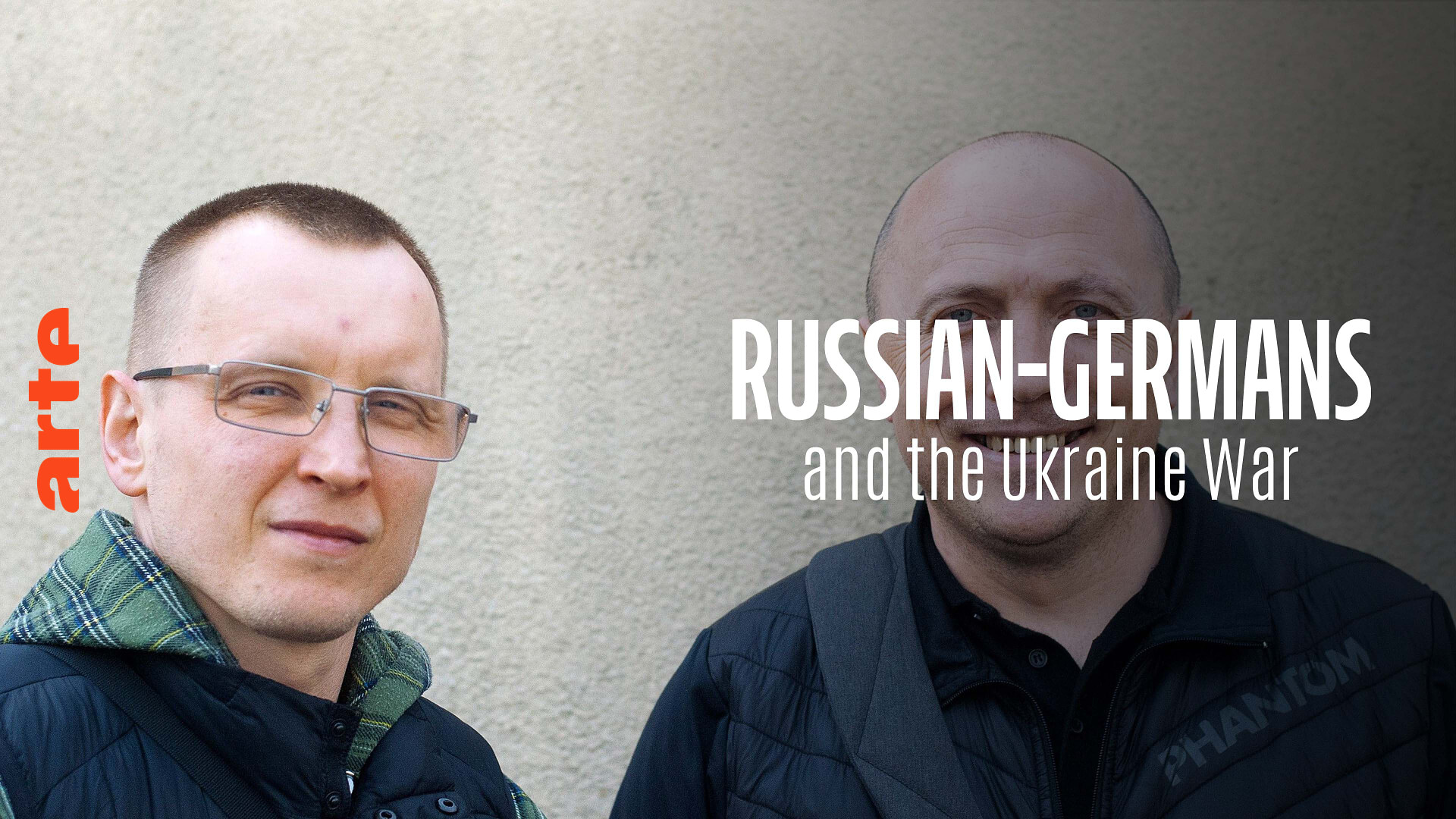Why is basic arithmetic so sacred that it must not be besmirched?
It isn’t. It’s convenient. Toss it if you don’t want to use it. What’s not an option though is to use it incorrectly, and that would be insisting that 0.999… /= 1, because that doesn’t make any sense.
A notational system doesn’t get to say “well I like to do numbers this way, let’s break all the axioms or arithmetic”. If you say that 0.333… = 1/3, then it necessarily follows that 0.999… = 1. Forget about “but how do I calculate that” think about “does multiplying the same number by the same number yield the same result”.
catches people because using arithmetic properly leads to an incorrect understanding of repeating decimals.
Repeating decimals aren’t apart from decimal arithmetic. They’re a necessary part of it. If you didn’t learn 0.999… = 1, you did not learn decimal arithmetic. And with “necessary” I mean necessary: Any positional system that supports expressing rational numbers will have repeating digits. It’s the trade-off you make, by fixing the divisor (10 in our case), to make numbers easily comparable by size, because no number can divide any number cleanly because there’s an infinite number of primes. Quick, which is the bigger number: 38/127 or 39/131.
Any notational system has its awkward spots. You will not get around awkward spots. Decimal notation has quite few of them, certainly fewer than Roman numerals where being able to do long division earned you a Ph.D. If you can come up with something better be my guest, I already linked you to a starting point.










For all that talk of dependency preciously little happened when Russia closed the valves. There’s press reports about BASF going into gas saving mode but that’s a bit misleading – actual gas saving mode would be to change their processes on a fundamental level (they have plans and infrastructure for that), what they did do is to use the flexibility in their standard processes to not rely on gas as precursor where there’s more readily available options – as they’ve been doing for literal decades, depending on market prices they’re using more of this, or more of that. They pulled a lever over to one side, they didn’t build a whole new set of levers to pull.
Germany ended up having more gas reserves at the end of the winter than usual because people were quite mindful when heating their homes, mindful as in “it doesn’t need to be t-shirt temperature in here, 20C suffices”, not as in “let’s heat our homes like English pensioners”. Gas prices actually sunk, presumably due to lower demand companies invested in things like waste heat recycling.
The whole concept of Wandel durch Handel relied on the assumption that economical entanglement makes war ruinous, and thus states are heavily disincentivised to be belligerent. You can now interpret that in two ways: a) It didn’t stop Russia, therefore, it failed or b) it succeeded in ruining Russia’s economy because all their what ball bearing companies went belly-up during entanglement, German ball bearings being cheaper (not necessarily unit price, you also have to take lifetime, service costs etc. into account) and now they have severe shortages (that’s simplifying quite a bit but that’s the net effect).
In the end there’s only one thing to take away: Policy can’t influence non-rational actors. All you can ensure is that if an actor becomes irrational they’re shooting themselves in the foot.